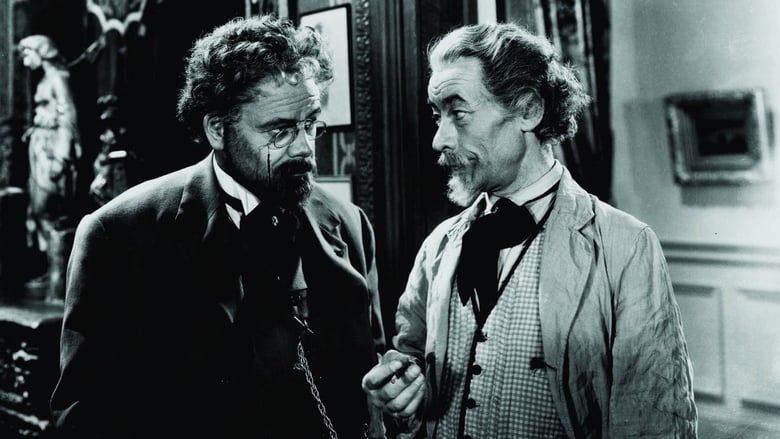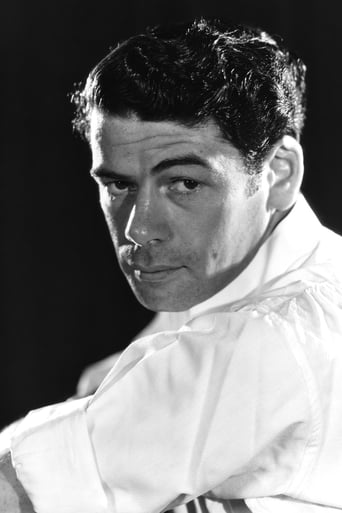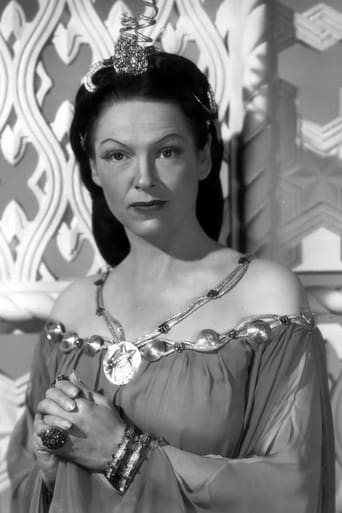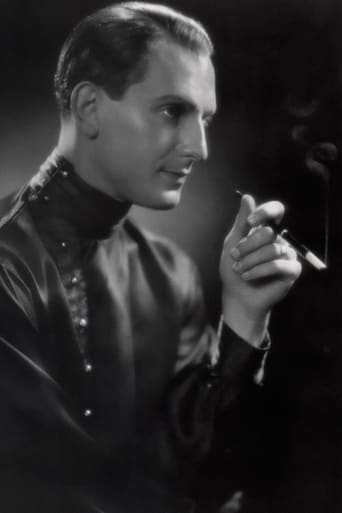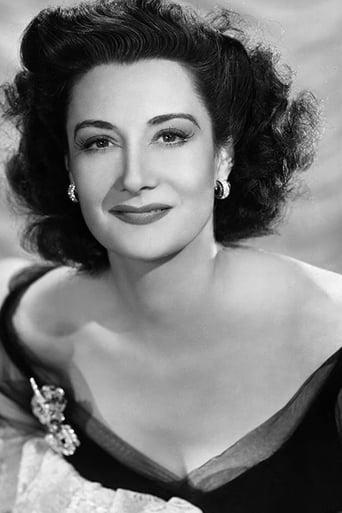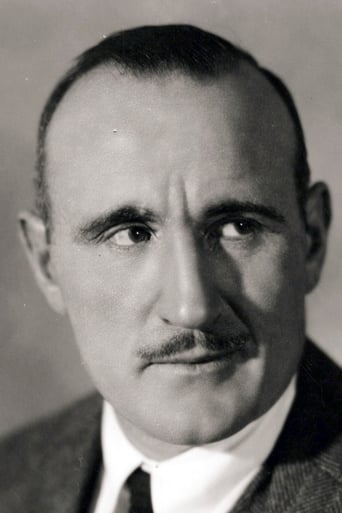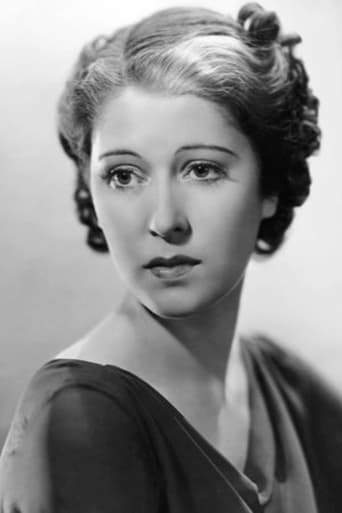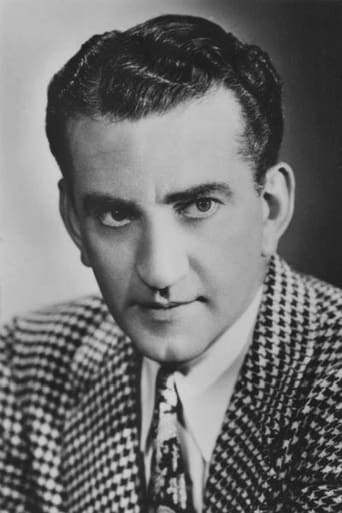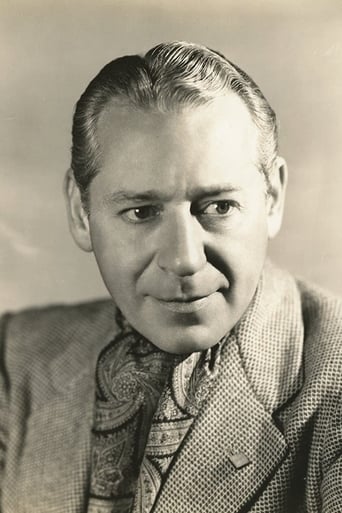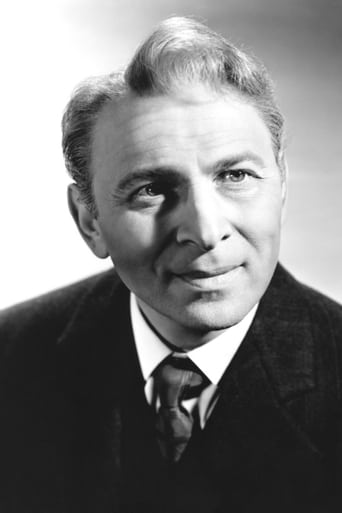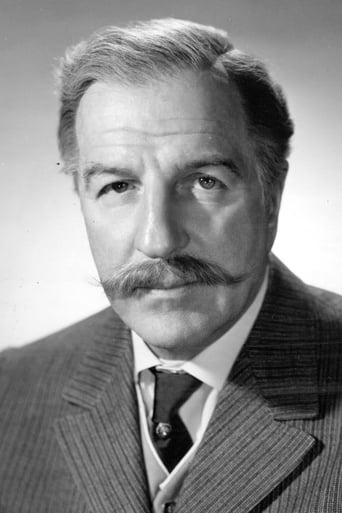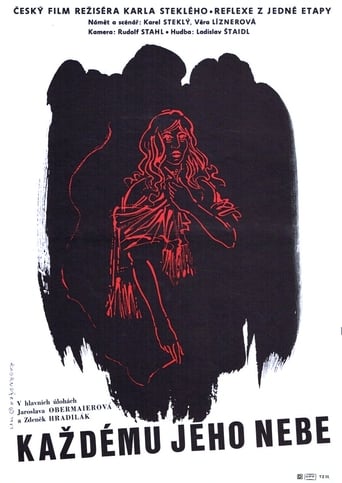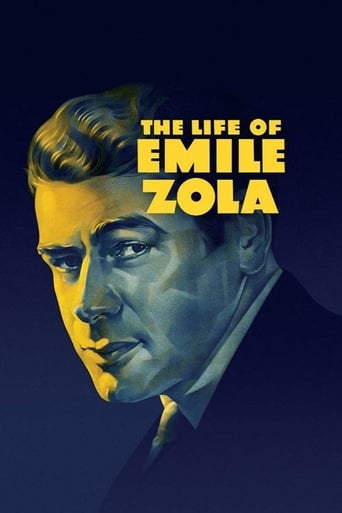
The Life of Emile Zola
October. 02,1937 NRBiopic of the famous French writer Emile Zola and his involvement in the Dreyfus Affair.
Similar titles
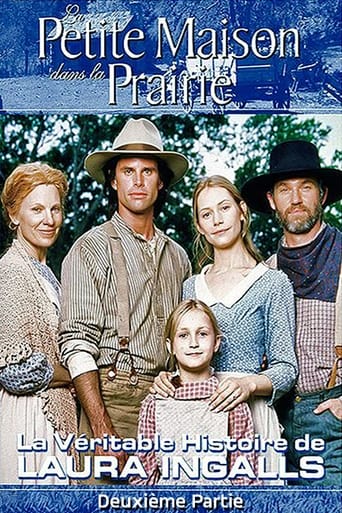
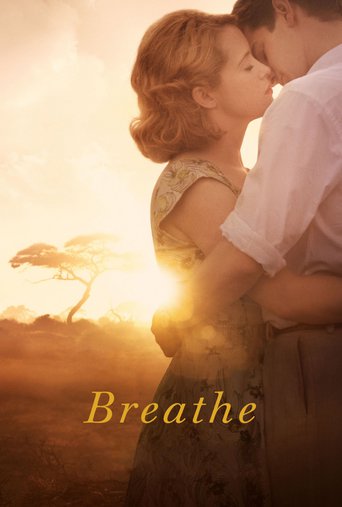
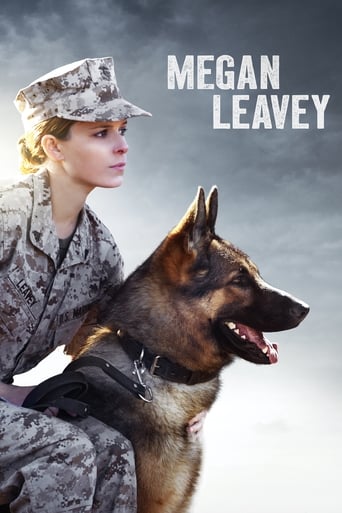
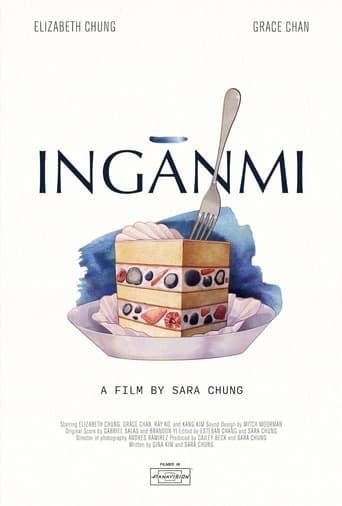
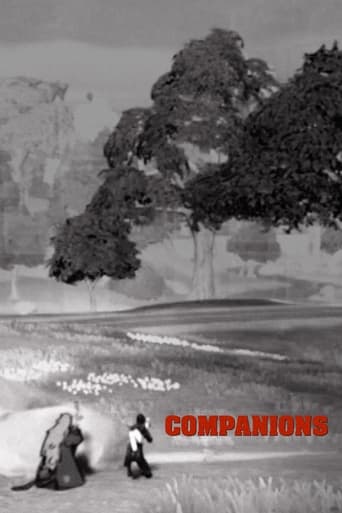
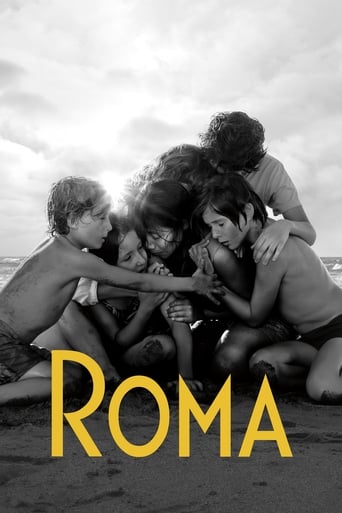
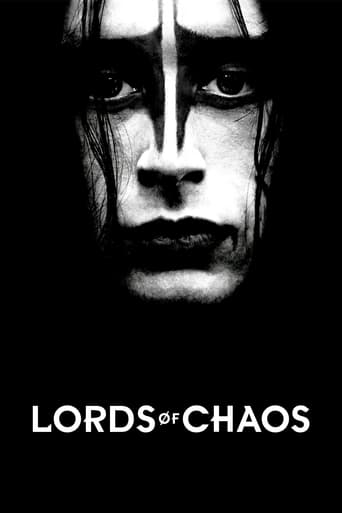
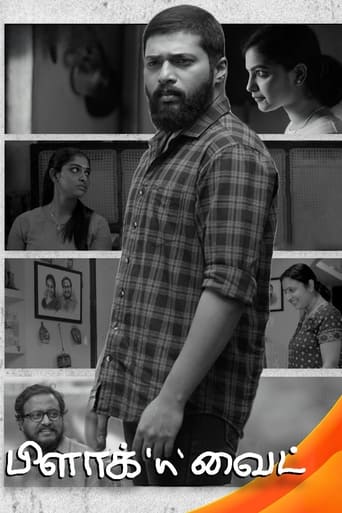
You May Also Like
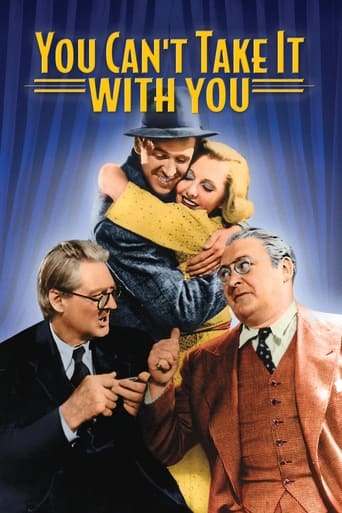
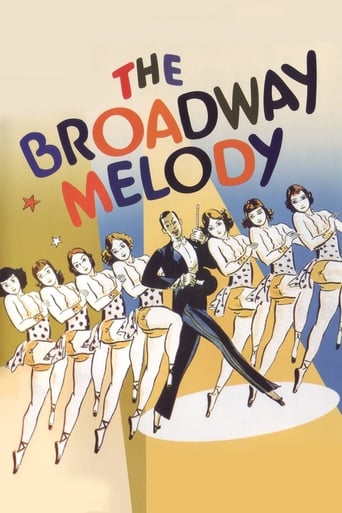
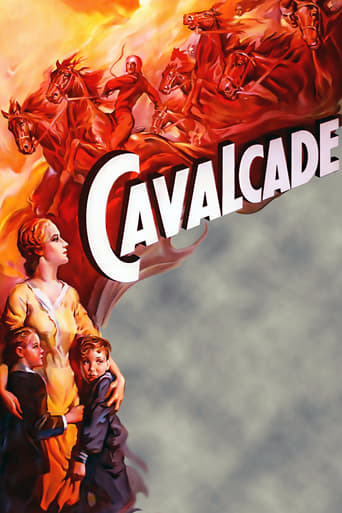
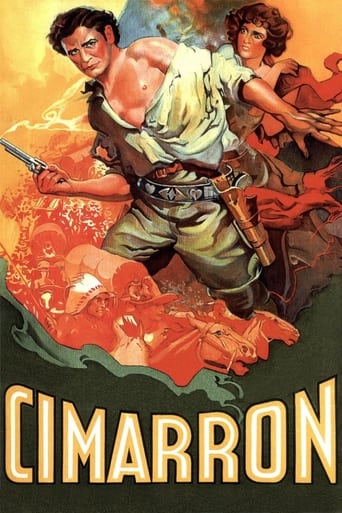
Reviews
You won't be disappointed!
Touches You
It’s sentimental, ridiculously long and only occasionally funny
This is one of the best movies I’ve seen in a very long time. You have to go and see this on the big screen.
I recognised the title of this film as one of the films featured in the book 1001 Movies You Must See Before You Die, I didn't really know what it would be about, but I was hoping it would be a deserved entry. Based on the true story, it is the fictionalised account of the life of famed 19th century French novelist, playwright and journalist Emile Zola (Oscar nominated Paul Muni). Zola was a penniless writer sharing an apartment in Paris with painter Paul Cezanne (Vladimir Sokoloff) until he wrote and published his bestselling novel Nana. Zola has struggled to hold a job as he is outspoken and has been warned several times by a public prosecutor he could face charges if he does not moderate his writings. The main plot of the film is his involvement in the court case of Captain Alfred Dreyfus (Oscar winning Joseph Schildkraut) who is wrongly accused of giving secret military information to the Germans, he is falsely convicted as being a traitor, court marshalled and sentenced to life imprisonment on Devil's Island. The prosecution and defence question the various people involved in the case, and Zola plays his part, but sufficient evidence from the military is found that proves Dreyfus is innocent. In the end the army decided to cover it up rather than face the scandal of having arbitrarily convicted the wrong man, and Zola dies of accidental carbon monoxide poisoning due to a faulty stove, the day before Dreyfus is exonerated. Also starring Gale Sondergaard as Lucie Dreyfus, Gloria Holden as Alexandrine Zola, Donald Crisp as Maitre Labori, Erin O'Brien-Moore as Nana, Robert Barrat as Major Walsin-Esterhazy, John Litel as Charpentier, Henry O'Neill as Colonel Georges Picquart, Morris Carnovsky as Anatole France and Louis Calhern as Major Dort. Muni is very similar to Lon Chaney, in that he always played parts under makeup, he gives a very good performance putting on the accent and being eccentric, and Schildkraut deserved his Oscar for the captain professing his innocence, I will admit the political stuff goes a little over my head, but I found the courtroom scenes and other bits interesting, I can see I suppose why it got the accolades it did, overall it's a worthwhile biographical drama. It won the Oscars for Best Picture and Best Writing, Screenplay, and it was nominated for Best Director for William Dieterle, Best Writing, Original Story, Best Art Direction, Best Sound, Recording, Best Assistant Director Best Music for Leo F. Forbstein and Max Steiner. Good!
. . . was cleverly disguised as a general interest Bio-Pic--THE LIFE OF EMILE ZOLA. This movie glosses over most of Zola's biography, doing the bare minimum to establish him as one of France's most famous and beloved citizens (with no particular affinity for Jewish people). Then he blows the whistle on all the top generals of his country's anti-Semitic Army, which has framed a random Jewish Army captain (Alfred Dreyfuss) for the treasonous espionage crimes of a Christian colonel. Though the colonel is a bitter malcontent turned German spy caught red-handed, the French Army refuses to admit its general incompetence in overlooking such an obvious and damaging traitor so high up on its general staff for so long. Instead, it rips uninvolved bystander Alfred away from his family to an all-but-certain death-by-torture on Devil's (Prison) Island. Just as many if not most Americans, when polled, say they now believe two Texas oil men then in the White House allowed if not facilitated the 9-11 Attacks, Hollywood's non-Christian elite knew that France in the late 1930s was so anti-Semitic that they would welcome any Nazis crossing the French border with open arms, helping them to herd French Jews to whatever form of doom German brains formulated. This, of course, actually came to pass as feared within a few years of ZOLA's release, as the French took a full measure of revenge against their Jews for being so embarrassed internationally by the so-called Dreyfuss Affair. I own copies of Readers' Digest Magazine from this period containing articles which predict most if not all of the main events of WWII, including the "sneak" attack on Pearl Harbor (let me emphasize these warning stories were published in many of America's leading magazines months and years before the Nostradamus-like predictions came true!). Obviously, the non-Christian segment of Hollywood moguls--as well as the Academy (which voted ZOLA "Best Picture" of 1937) read their Readers' Digests. ZOLA is even gassed to death himself at the end of this warning cry, showing that the screenwriters knew Germans would prove too cheap to eradicate their millions of victims with individual bullets. As history teaches us, Hitler controlled the oddly nicknamed "Grand Old Party" in the U.S. Congress, making European Jews "toast"--despite Hollywood's brave efforts to save millions (for which these same Fascists punished most of the Hollywood heroes the minute WWII ended, with the infamous American "Blacklists," as well as a long string of suspicious and shockingly premature deaths among Tinsel Town's human rights sympathizers as names like Wayne, Heston, Kazan, and Reagan came to control American culture and the White House for nearly a century to come).
Okay, before I begin my review, here's a quick little correction I have to make regarding my Great Ziegfeld review...twice: This film is not a Musical. I apologize for the mix-up; they have 2 things in common: A similar-sounding title (I always got them mixed up), and a specific genre they supposedly share (again, I always got them mixed up). And that genre is the Biopic, or Character Study as it were.And speaking of which, it was actually better than I thought going into this thing, but I don't know if I'd call it good. I'd certainly watch it over Cavalcade or The Great Ziegfeld, but how many times? What is it about? Well, the title is quite self-explanatory in that light, only trimmed down for our benefit (unlike Ziegfeld), but the question one should ask in this case is, who is Emile Zola? Well, Emile Zola was a French Author and his prolific writing career, including his friendship with French painter Paul Cezanne, and his involvement in the Dreyfuss Affair in which (an espionage-related scandal during the Militarized state of 19th Century France) he plays a part in until his untimely death. There's more to the story, obviously, but if you're curious, you could do one of 2 things: Research on the matter yourself, or see the movie.Now is it worth seeing? Well, I'll get to that later. The movie is written okay, it is directed okay, heck, even the acting is pretty darn good for its time. I can at least see why it won Best Picture in 1937, and it is a rather important film in the Biopic genre as it led to the Academy's recognition of the genre in a serious light. The cinematography and art direction is pretty good too (for the time), but it at least does well in the most important elements of the Character Study: The acting and the writing. However, the film, while important, is quickly dwarfed 4 years later by a film regarded as the Best ever made (which I'll cover later).With all that said and done, I would probably only recommend this film to hardcore film buffs, fans of character studies as a whole, and those who might be interested in, in more ways than one, the actual life of Emile Zola. This film does have an audience to this day; in fact, back in 2000, it was one of 25 films selected by the National Film Registry for immortalization in the Library of Congress. So it's not like the film is awful or unwatchable. Personally, it's not my thing, but people like it okay, so why ruin it for others. Take it for what it's worth; I'll give it a 6 out of 10.
This movie beat out such magnificence pictures as Captains Courageous, The Good Earth, and Lost Horizon to win the Academy Award for Best Picture of 1938. I think that was stretching it.What is truly great here is the story it tells, starting about a half-hour into the picture: Zola's involvement in the overturning of the condemnation of French army officer Alfred Dreyfus for treason. That condemnation was one of the great stains on French history, an example of anti-Semitism and rabid militarism. When the movie tells that story, all hearts are moved.But are they moved by the WAY this picture tells that story, or just by the story itself? It is the same question one might pose concerning The Diary of Anne Frank. The difference can be seen in a true masterpiece like Shindler's List, where the story, again, is deeply moving, but the TELLING of the story is equally masterful.I don't think Dieterle's telling of Zola's involvement of the Dreyfus story is particularly remarkable. Muni gives a very fine performance as Zola, certainly. But I don't think this script, which won an Academy Award for best writing, or Dieterle's direction of it, for which he got an Academy Award nomination, are particularly good, much less great.If you don't know the story, watch this, most certainly. It doesn't disgrace it. But if you know such great movies as Captains Courageous, Lost Horizon, and The Good Earth (it was a good year for Paul Muni), don't expect this to live up to those.It must have been a strange year for the Academy: they also gave Louise Rainer the Best Actress Award, when she was easily bested by all four of her competitors: Irene Dunne in The Awful Truth, Greta Garbo in Camille (yes, overdone, but great even so), Janet Gaynor in A Star is Born, and Barbara Stanwyck in Stella Dallas, a weeping but powerful picture. I also don't see how Joseph Schildkraut got the Oscar for Best Supporting Actor for his small portrayal of Dreyfus in this picture against Roland Young as Topper, or even H.B. Warner in Lost Horizon. Why the Prisoner of Zenda got almost shut out of the Oscars that year I don't understand either.
Top Streaming Movies











